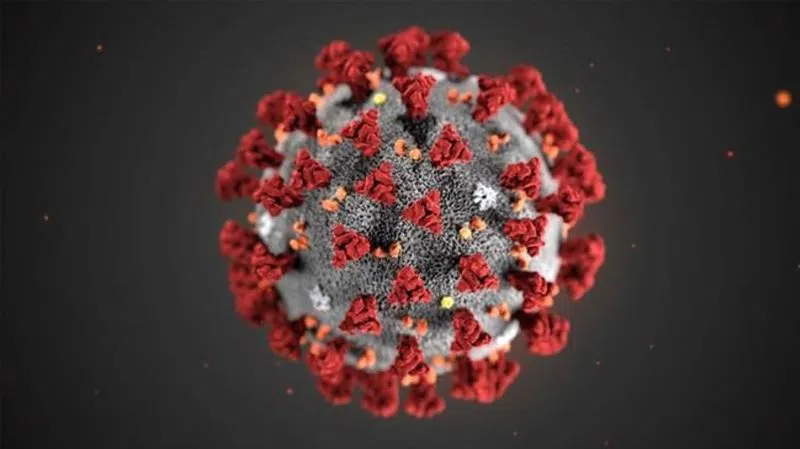
Chinese envoy lauds virus co-operation with Canada, amid chill in relationship
OTTAWA — China’s envoy to Ottawa offered glowing praise Thursday for Canada’s help in combating the outbreak of the novel coronavirus and suggested that might useful in repairing the diplomatic rift between the two countries.
“Anything that your side has done and will be doing in the next few weeks in our fight against the disease, of course, that’s much appreciated, and that’s good,” Ambassador Cong Peiwu told The Canadian Press in an exclusive interview.
He said the two countries must “take measures to address the problems in the bilateral relationship so that we can remove the obstacle and move the relationship back on track.”
Without naming names, Cong acknowledged that he was referring to the turmoil surrounding the arrests of Huawei executive Meng Wanzhou by Canada, and China’s imprisonment of Michael Kovrig and Michael Spavor.


